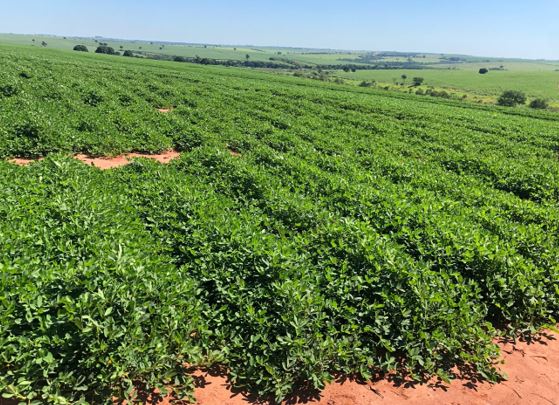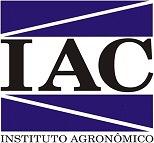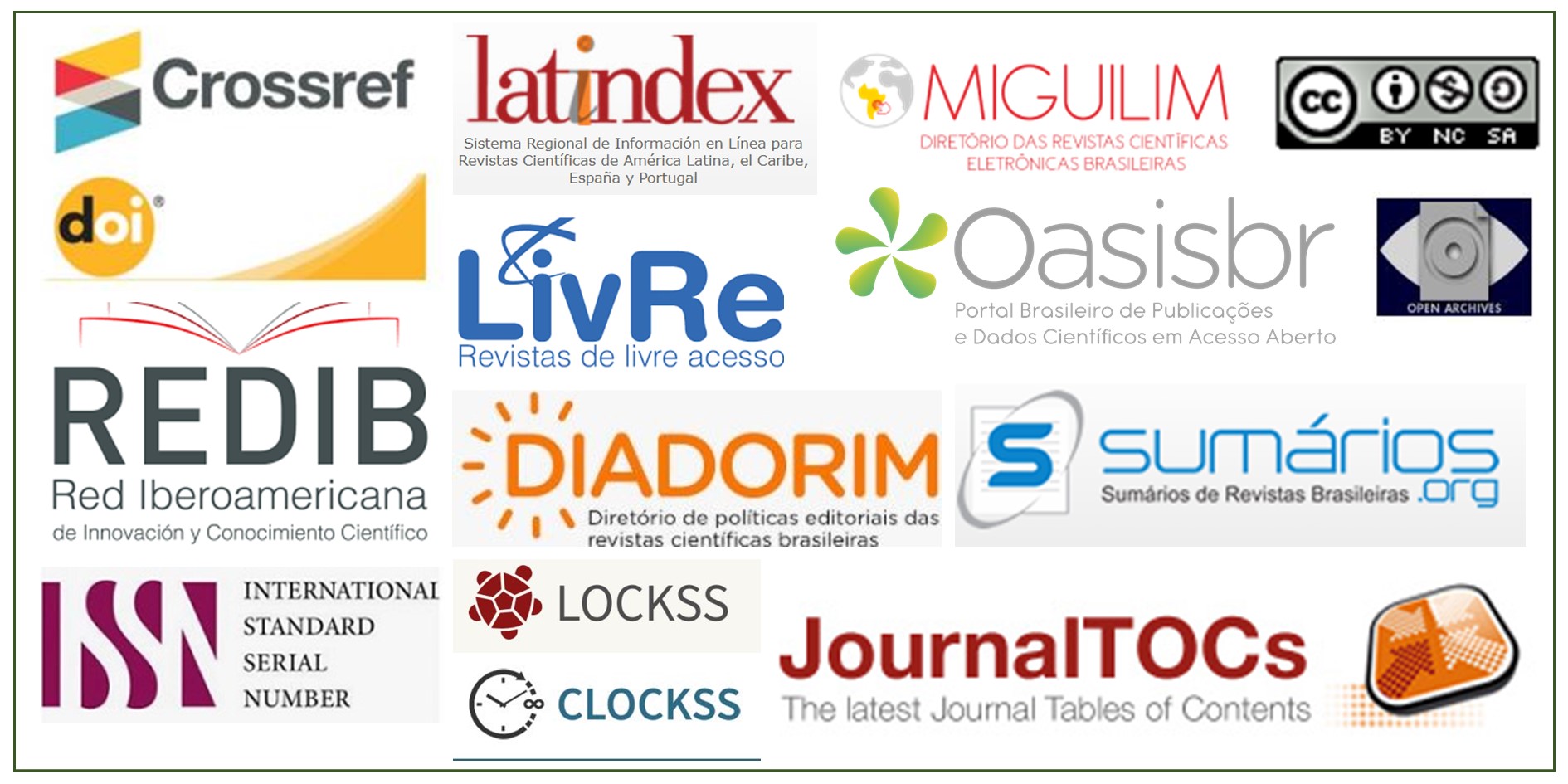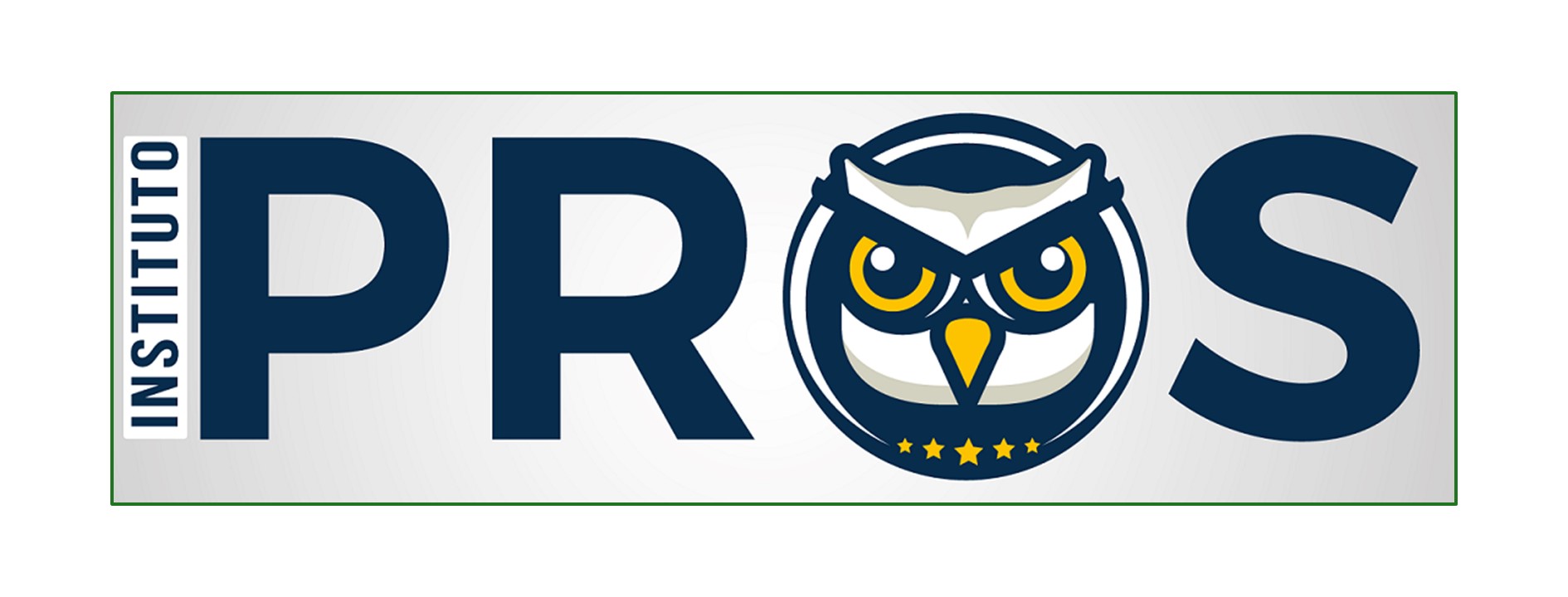Peanut cultivars yield in the west of São Paulo – 2020/2021 crop season
DOI:
https://doi.org/10.52755/sas.v2iedesp1.120Keywords:
Arachis hypogaea L., Grain weight, Rainfed cultivationAbstract
ABSTRACT
The State of São Paulo is the main national producer of peanuts, and the production is located mainly in the region of Jaboticabal, Tupã and Presidente-Prudente. The aim of this study was to evaluate the yield of peanut cultivars in a sandy soil environment in the west of São Paulo. The experimental design was done in randomized blocks, with four replications. The treatments used were six peanut cultivars: IAC 505, IAC 503, IAC OL3, IAC OL4, EC-98 and Granoleico. Yield components (number of pods per plant, number of grains per pod and weight of 100 grains), yield, grain yield and harvest index were evaluated. Cultivars IAC 505 and Granoleico had the highest number of pods per m-2. Cultivar EC-98 had the highest grain weight and harvest index. Cultivar IAC OL3 had the highest grain yield. Cultivars IAC 505 and IAC OL3 had the highest yields.
Downloads

Downloads
Published
How to Cite
Issue
Section
License
Copyright (c) 2021 Isadora Lyria de Alencar Bassanezi, Daniel Rodela Rodrigues, Carlos Felipe dos Santos Cordeiro, Fábio Rafael Echer

This work is licensed under a Creative Commons Attribution-NonCommercial-ShareAlike 4.0 International License.
Autores concordam com os seguintes termos:
a) Os autores mantêm os direitos autorais e concedem à revista o direito de primeira publicação, com o trabalho simultaneamente licenciado sob a LicençaAttribution-NonCommercial-ShareAlike 4.0 International, que permite o compartilhamento do trabalho com reconhecimento da autoria e publicação inicial na Revista SAS. A licença permite o uso, a distribuição e a reprodução irrestrita, em qualquer meio, desde que devidamente citada a fonte. Essa licença permite também que outros remixem, adaptem e criem a partir do seu trabalho para fins não comerciais, desde que atribuam a você o devido crédito e que licenciem as novas criações sob termos idênticos.
b) Não cabe aos autores compensação financeira a qualquer título, por artigos ou resenhas publicados na South American Sciences.
c) Os conceitos expressos nos artigos publicados na South American Sciences são de inteira responsabilidade de seus autores.








